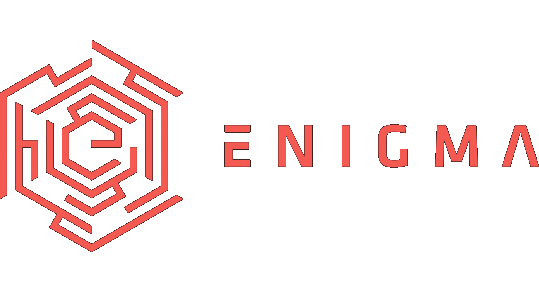Website Maintenance Alert
Due to scheduled maintenance, the USENIX website may not be available on Monday, March 17, from 10:00 am–6:00 pm Pacific Daylight Time (UTC -7). We apologize for the inconvenience and thank you for your patience.
If you would like to register for NSDI '25, SREcon25 Americas, or PEPR '25, please complete your registration before or after this time period.
Eli Sugarman, Program Officer, William and Flora Hewlett Foundation
Philanthropy has a critical role to play in improving cybersecurity worldwide. As new technologies affect every aspect of our lives, the applicable laws, norms and policies—as well as the decision-makers that shape them—are struggling to keep up. High-profile breaches—at Sony Pictures, the Office of Personnel Management, and the Democratic National Committee, among many others—underscore the magnitude of the risks we face and the need for informed cybersecurity policies.
Yet despite its critical importance, funding to develop long-term cybersecurity policy for the benefit of the public is practically non-existent. The funding gap is, moreover, structural. Government and industry are directing significant resources to cybersecurity, but their efforts are and will remain focused on countering immediate threats and triaging new breaches. Unlike government or industry, philanthropy can be a neutral player not motivated by profit, politics, or self-interest.
There is critical work to be done for the safety of the public—work that government cannot and the private sector will not fund. What’s needed is flexible support from institutions that have the latitude to take a long-term, strategic approach—the kind of funding, in other words, that philanthropy is uniquely positioned to provide.
Eli Sugarman, Program Officer, William and Flora Hewlett Foundation

Eli Sugarman is a Program Officer at the William and Flora Hewlett Foundation and manages the Cyber Initiative. The goal of the Cyber Initiative, a five-year $65 million grant-making effort, is to build a more robust cyber field and improve cybersecurity policy-making worldwide.
Previously, he was a consultant and strategist to private sector and nonprofit leaders internationally. He has served as a Foreign Affairs Officer at the U.S. Department of State, where he focused on international security issues. A graduate of Middlebury College, he also holds a JD from Stanford University Law School.
Open Access Media
USENIX is committed to Open Access to the research presented at our events. Papers and proceedings are freely available to everyone once the event begins. Any video, audio, and/or slides that are posted after the event are also free and open to everyone. Support USENIX and our commitment to Open Access.
author = {Eli Sugarman},
title = {Why Philanthropy Is Critical for Cybersecurity},
year = {2017},
address = {Oakland, CA},
publisher = {USENIX Association},
month = jan
}



